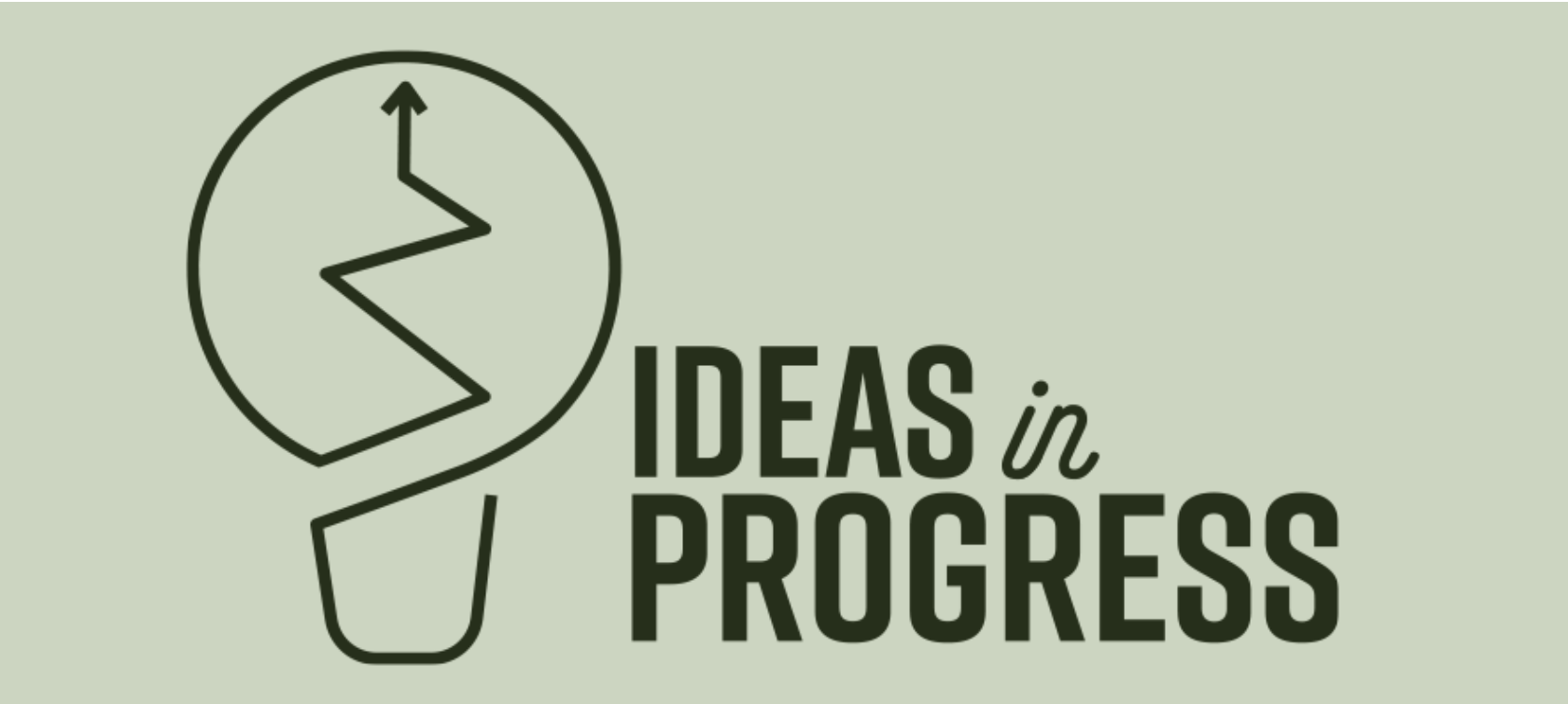
Algorithms help define modern life, but to many remain a mystery
Can you explain algorithms to your friends or family? You’re not alone if you can not imagine how to effectively define the concept. Algorithms largely remain an intimidating topic.
The public is aware of the word. You’ve likely heard it used it in common discourse. However, understanding what it means or how it works remains foreign for many.
On one hand, understanding algorithms seems like it should be simple. After all, algorithms can be a very simple process. However, they can also deal with solving incredibly intense problems. That potential complexity can become overwhelming.
Regardless, we all deal with algorithms everyday, even if we don’t realize it. For example, it is common knowledge that your social media feed or search results on Google are determined by “the algorithm”. But it can also be a recipe for a favorite culinary dish, or solving a math problem. Algorithms dominate our life, yet the public still has questions that need explanation from true subject matter experts.
ISEG Research Fellow featured on podcast to explain algorithms and more
Dr. Anthony Comenga, a historian at the Institute for Human Studies, recently tackled the concept of algorithms on his podcast, Ideas in Progress. On September 9 and 15, 2020, Dr. Abigail Devereaux, Research Fellow at the Institute for the Study of Economic Growth (ISEG), was interviewed on the topic. Dr. Devereaux creates complex algorithms as part of her research. She applies complex systems theory, physics, and mathematics to economics.
Dr. Devereaux covered the basics of what makes an algorithm, how it works, and much more in an episode titled “What is an Algorithm, Anyways?” Over the course of the episode Dr. Devereaux also discusses her dissertation defense and many other topics. On an episode titled “Is the Economy Computable”, Dr. Devereaux goes into even greater depth on algorithms and covers everything from cybernetic hyper-nudging to research on COVID.
Listen to the appearances at The Institute for Humane Studies.



